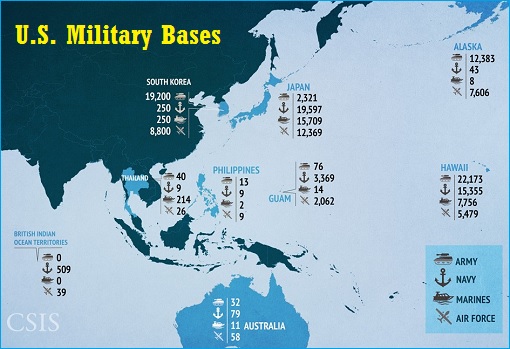Apart from not being able to speak Chinese our misunderstanding with that country also derives from the fact that many can't conceive of how truly big China is or where their priorities are. I'll give you the below quote to illustrate the point:SuperJail Warden wrote:
The Chinese government is literally telling their people that the United States related COVID into their country on purpose. Their government rightfully sees the U.S. as their only rival. The people there are told that this is their century and the only thing in their way is the United States. Meanwhile naive liberals argue #NotAllChinese while Wall Street people send western manufacturing overseas since they are too shortsighted to see that the Chinese don't care about their international finance order.
I will not disregard China's governance, human rights record, (inter)national aggressive rhetoric, but Xi Jinping and the average Chinese person are much less concerned about or bothered by/hostile towards the outside world than you and others believe.Bush asked Hu what he often asked world leaders: "What keeps you up at night?"
He confessed to Hu that his nightmare was another terrorist attack on US soil.
Hu, without missing a beat, responded that what kept him awake was creating 25 million jobs a year to feed the beast that is China's modernizing economy.
To answer a broader point my 'defence' of 'China and Islam' has nothing to do with any warm feelings I would have towards these. Or with any problems I would have with western civilisation. The 'defence' is about you and your lack of coherent arguments. The fact is you're making sweeping judgments about religions and countries you scarcely understand. That lack of understanding is leading you to make wrong assumptions, wrong conclusions and would ultimately lead to wrong, terrible policies that would only set the world at large back decades. 'China is out to get us!', while in reality a significant portion of the population there still has trouble feeding itself, while others are forming separatist movements and the wealth disparity is a nightmare in the making. You think their leadership wants to be preoccupied with international politics? It's the internal politics and complexity that worries them most.
Last edited by Larssen (2020-04-23 10:23:18)

